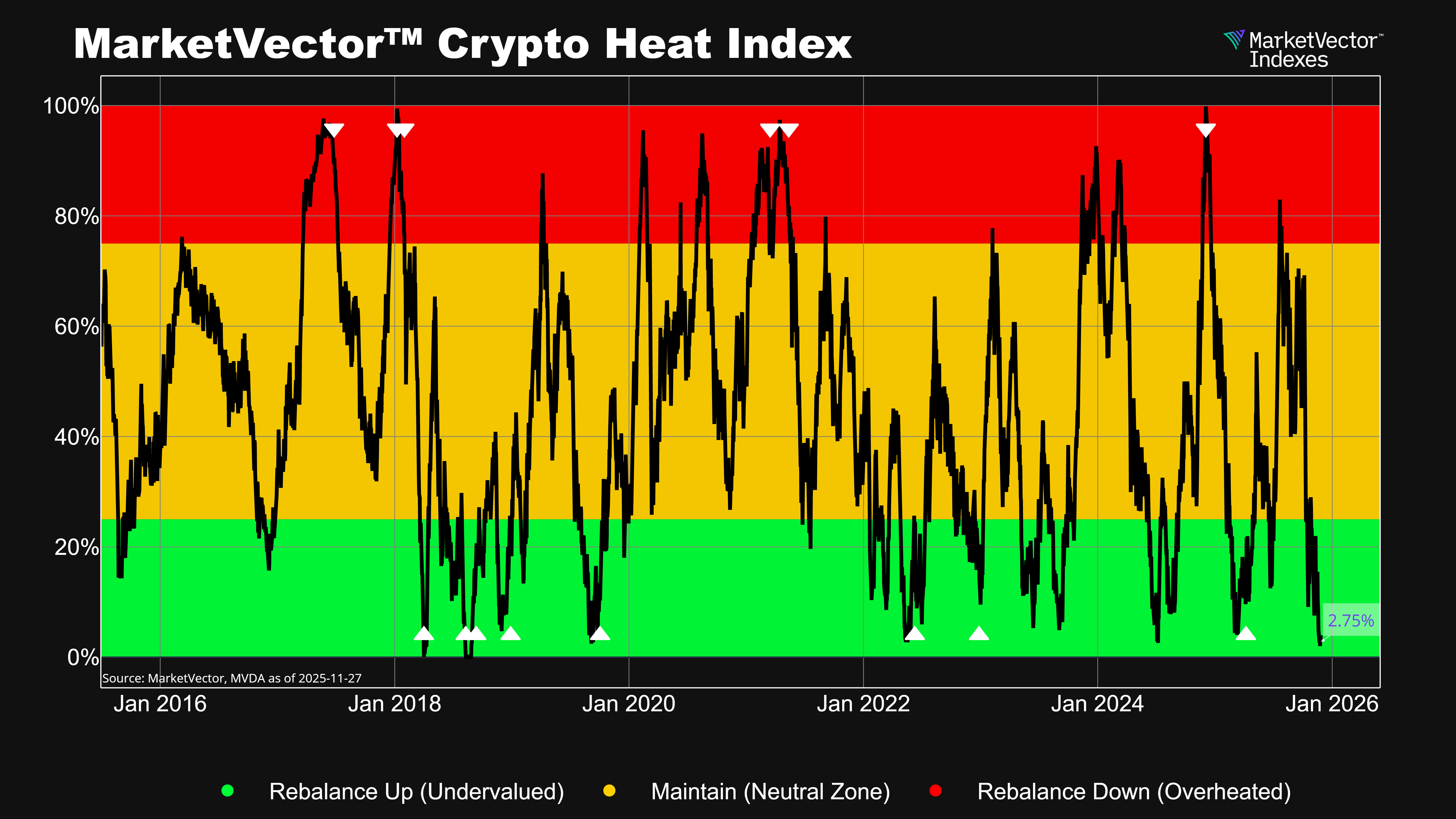The MarketVector™-GammaRoad U.S. Equity Strategy Index (MVGMMA) employs a rules-based, adaptive process to allocate between U.S. equity exposure and Treasury Bills exposure based upon its fundamental, behavioral, and trend-based measures for U.S. equity market risk.
The summer sun continued to shine for the U.S. equity market in August, as the S&P 500 Total Return Index gained +2.03% for the month and brought its year-to-date return to +10.79%. The MarketVector™-GammaRoad U.S. Equity Strategy Index (Bloomberg: MVGMMA Index) maintained its positioning through August and returned +1.50% for the month, which brought the strategy’s year-to-date return to +6.27%.
Many markets across asset classes can demonstrate seasonality to their historical performance, and the U.S. equity market is no exception. While the summer months typically deliver a favorable return profile, September has certainly earned its reputation as the least favorable month of the year for U.S. equities. We have come across several suggestions for why this may be the case. Regardless of the fundamental reasons, the market’s historical performance clearly shows the tendency for September to be a tough month.
As we are publishing this update in early September, we can share that the strategy’s measure for economically sensitive asset relationships has turned bearish once again. This caused the strategy to reduce its equity exposure to 33% and increase its T-Bills exposure to 67%. The last time the strategy reduced risk in this manner was in mid-February this year, on its way to eventually derisking completely in mid-March and holding 100% T-Bills exposure in advance of April’s tariff tantrum.
To learn more about the strategy’s current positioning in the context of September’s tendency for seasonal weakness, please access our full strategy update here.
About the Author:
Jordan is the architect of the MarketVector™-GammaRoad U.S. Equity Strategy Index and co-founder of GammaRoad Capital Partners, LLC. Prior to launching GammaRoad, Jordan was the Chief Investment Officer for Legacy Heritage Partners LLC, where he managed the institutional private foundation and family office portfolios. Before joining Legacy Heritage Partners LLC, Jordan was the Senior Investment Strategist for IBM Retirement Funds, where he was responsible for asset allocation and investment risk management for the U.S. pension fund. While working at IBM, Jordan was featured in CIO Magazine’s 2015 Global 40 Under 40 issue. Prior to joining IBM, Jordan was a Principal in Mercer Investments’ New York office with a focus on asset allocation, strategy implementation, and manager selection for endowments and foundations, corporate pension funds, defined contribution plans, and insurance captives. Jordan is a CFA Charterholder and holds a Bachelor of Arts in Economics from Emory University.
For informational and advertising purposes only. The views and opinions expressed are those of the authors but not necessarily those of MarketVector Indexes GmbH. Opinions are current as of the publication date and are subject to change with market conditions. Certain statements contained herein may constitute projections, forecasts, and other forward-looking statements, that do not reflect actual results. It is not possible to invest directly in an index. Exposure to an asset class represented by an index is available through investable instruments based on that index. MarketVector Indexes GmbH does not sponsor, endorse, sell, promote, or manage any investment fund or other investment vehicle that is offered by third parties and that seeks to provide an investment return based on the performance of any index. The inclusion of a security within an index is not a recommendation by MarketVector Indexes GmbH to buy, sell, or hold such security, nor is it considered to be investment advice.
Get the latest news & insights from MarketVector
Get the newsletterRelated:




